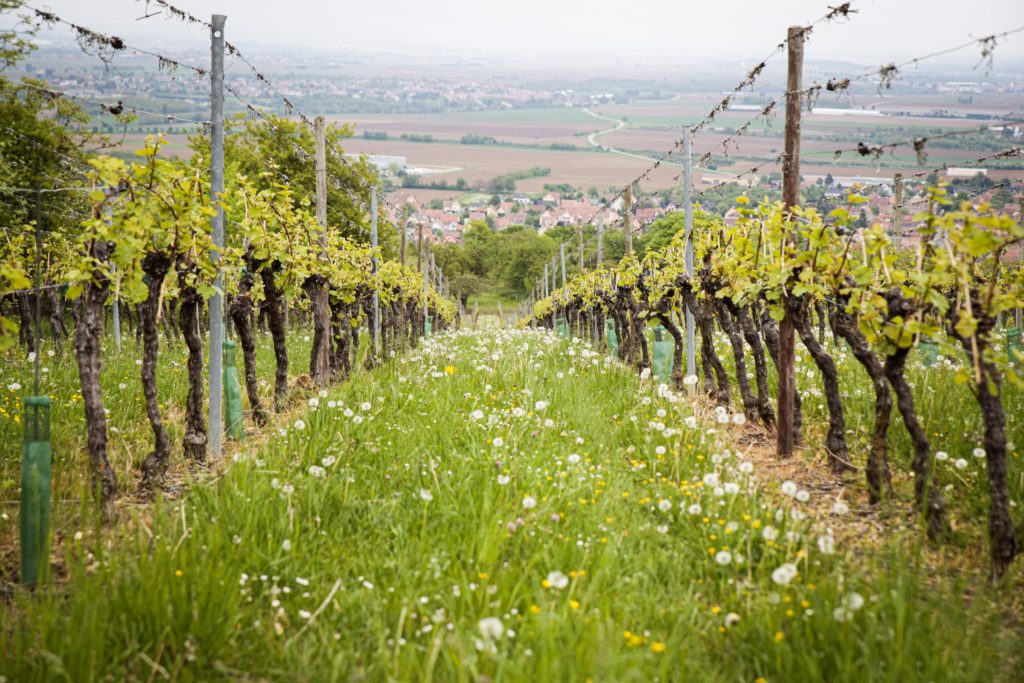Plant variety
The intellectual property (IP) protection for plant varieties and seeds helps plant breeders to protect their rights to their innovations. This system is essential when it comes to rewarding the plant breeders for their time and effort put into innovating and breeding new varieties of plants. As a type of IP protection system the plant variety protection system can be compared to patent protection system, but it is, of course, something different both in scope and content.
Plant variety IP protection system exists on international, regional and national levels. On international level we have The International Union for the Protection of New Varieties of Plants (UPOV) and the biggest regional plant variety system is administered by the European union (EU) agency – The Community Plant Variety Office (CPVO).
We will discuss the legal protection of plant varieties from international legal point of view. Most of these principles are applicable worldwide.

What is plant variety?
It is a plant grouping within a single botanical taxon of the lowest known rank, which grouping, irrespective of whether the conditions for the grant of a breeder’s right are fully met, can be
- defined by the expression of the characteristics resulting from a given genotype or combination of genotypes,
- distinguished from any other plant grouping by the expression of at least one of the said characteristics and
- considered as a unit with regard to its suitability for being propagated unchanged.
Plant variety examples
There are many plant variety group species that can potentialy be registered if they meet the legal requirements. Here are some examples:
- Fruits
- Vegetables
- Agricultural species
- Ornamental species
- Trees
- Vines
- Grasses
- Other plants
Plant variety registration
If you seek to protect your plant variety, you need to register it in your country of interest. As the territorial principle applies here, the protection is only granted within the country in which you have registered your plant variety. Exception from this is for instance the EU where plant variety registration on union level is valid throughout the territory of all EU member states.
Most of the countries of the world have their own systems to protect plant varieties so it is always better to consult IP law specialist before conducting your first steps.
FAQ
Yes, when you seek protection for your plant variety, you need to register it in your country of interest. As the territorial principle applies here, the protection is only granted within the country in which you have registered your plant variety. Exception from this is for instance the EU where plant variety registration on union level is valid throughout the territory of all EU member states.
You can also choose a „cheaper“ version of protection and trademark the name of your plant variety. However, only the name will have trademark protection and plant variety as such will lack protection so there is much to consider before doing so. If you have any questions regarding the right strategy for you, we will gladly advice you more on this issue.
Novelty, distinctness, uniformity and stability of the variety are the preconditions for plant variety protection grant.
Once your plant variety is registered you have exclusive right to authorize everyone else for its production, reproduction, exporting, importing, offering for sale, selling, marketing and a few other related rights.
The UPOV member states mostly grant the protection for 20 years from the date of the grant of the breeder’s rights. For trees and vines this period is 25 years.
There are various ways of monetizing your plant variety rights. Two main options are that you either use your novel plant variety to get competitive edge in your market area and second is that you sell your rights to someone who can use it as his competitive edge. Another very popular option is to licence your plant variety to someone else and gain passive income regularly.
The authorization (consent) of the breeder is always required for the selling of seed of a protected plant variety by any person.
Yes, the major plant variety registration systems allow such registration.
Yes, there are actually two main regional plant variety protection systems and these are the European Union system which covers its 27 members and the African Intellectual Property organization which covers 17 member state countries. So once you register your plant variety through these systems, your protection is valid in all member state countries.
Only the breeder of a new plant variety can protect his or her new plant variety.
